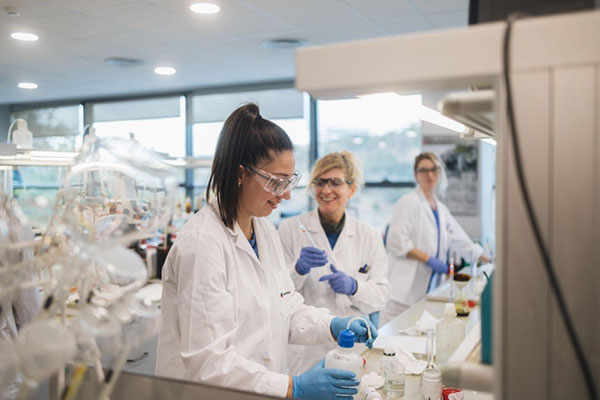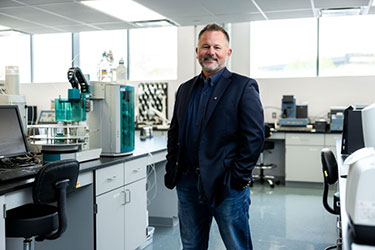It is imperative that industry leaders create robust sustainability action plans and convey compliance efforts to their teams and customers.
By Glen Breault, Vice President, North America, at MacDermid Enthone Industrial Solutions
A new year brings opportunities and challenges to every industry, including those in manufacturing and surface finishing. From legislation and regulatory updates to technology growth and adoption, companies are being pushed to put safety and sustainability at the forefront. As manufacturers and suppliers are urged to put their sustainability plans down on paper, many ask if these plans will promote long-term improvements and lasting change. How can these objectives be improved and reinforced year over year, and what can we, as industry leaders, do to infuse future-focused practices into the culture of our organizations?

For sustainability practices to be more than greenwashing, companies need to deliver products that are sourced and designed with safety and compliance in mind. Many manufacturers back into regulatory compliance, making changes to their commercialized formulas to meet regulatory requirements, rather than designing their processes in a future-focused way. To future-proof an organization, products must be inherently sustainable, designed with raw materials that are environmentally compliant, and by research and development teams that are committed to exceeding regulations. These products must also align with customer needs, helping clients to achieve their sustainability goals, and furthering the chain of compliance. This is what drives long-term improvement and what will help to continually reduce impact for future generations.
Organizations can design products for current regulations, but to have a clear view of the future they must remain attentive to the actions of government regulators. Working closely with local, national, and global authorities enables chemical manufacturers to not only pre-plan for future regulations but to also have a seat at the table in anticipating and informing new or impending changes and restrictions. The value of establishing these industry relationships was recently showcased at a board meeting of the National Association of Surface Finishers (NASF). This association and its leadership are proactively working with regulators on a wide range of decisions impacting chemicals, metals, and industry practices in order to improve health and safety and reduce the industry’s environmental footprint. Through these efforts, NASF has established a credible voice in regulations that impact their industry.
For any business goal to be maintained, it must be more than a practice. It should be indoctrinated into the culture of an organization and viewed as an opportunity for continuous improvement. Sustainability initiatives are most effective when driven from the top down. Leaders should not view sustainability as a one-time effort but as an ongoing journey, encouraging teams to constantly measure and enhance their goals and deliverables to drive continuous improvement. This empowers employees at all levels to conduct their day-to-day business with an environmentally conscious lens, and should also play a role in how the organization hires. To maintain a culture driven by future-focused practices, companies must hire staff that excel in their skillset, and fit into the culture of the organization. Teams should be composed of individuals who are aligned with the organization’s sustainability values and objectives. By fostering this alignment from the outset, companies can establish a foundation for long-term success in their sustainability efforts.
I’ve been fortunate to build my career with an organization that engrains sustainability into its culture, and values compliance, ongoing improvement, industry partnership, and innovation. Each of us plays a small role in creating and maintaining sustainability goals, and together our individual efforts will make a lasting, positive impact.

Glen Breault is the Vice President of North America at MacDermid Enthone Industrial Solutions, has 25 dynamic years of experience in the manufacturing, automotive, and management industries. With a strong desire to succeed, he is committed to fostering sustainable practices within the organization and applying technical knowledge helps strengthen customer relationships.
Scott Ellyson, CEO of East West Manufacturing, brings decades of global manufacturing and supply chain leadership to the conversation. In this episode, he shares practical insights on scaling operations, navigating complexity, and building resilient manufacturing networks in an increasingly connected world.